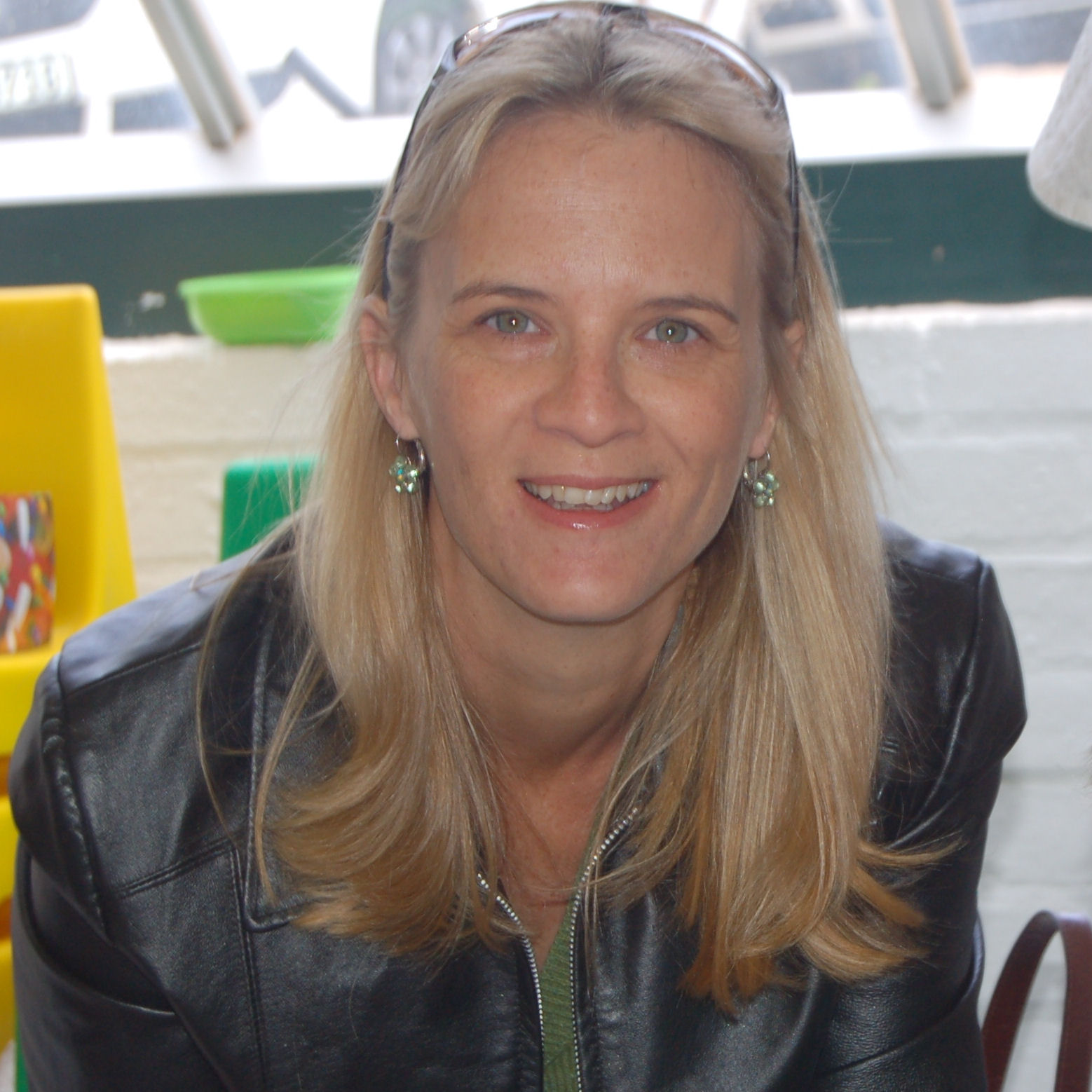Seminar series: Growing Open Educational Practices in Africa SEMINAR 2
Presenter: Dr. Glenda Cox, Centre for Innovation in Learning and Teaching, University of Cape Town
Format: One hour webinar Thursday 25 May, 1 pm (SAST)
Time converter at worldtimebuddy.com
The Research on Open Educational Resources for Development (ROER4D) project aims to provide evidence-based research from a number of countries in South America, Sub-Saharan Africa and South / South East Asia. The research referred to in this presentation is from one of 18 sub-projects from 26 countries that aims to redress the current imbalance where so much research on OER is from the Global North. The primary objective of the programme is to improve educational policy, practice, and research in developing countries by better understanding the use and impact of OER. I conduct research in one of the programme’s sub-projects, focusing – with my colleague Henry Trotter – on OER in South Africa. For more information, see: http://www.roer4d.org
This study analyses the barriers and enablers of OER adoption at three South African universities, in order to better understand why South African lecturers adopt – or do not adopt – OER. Based on interviews with 18 lecturers at the universities of Cape Town (UCT), Fort Hare (UFH) and South Africa (UNISA), this qualitative study focuses on lecturers’ teaching practices as they relate to (potential) open educational activity. To do this, the study developed and utilised three key analytical frameworks and concepts for assessing and comparing OER (in)activity at the universities. These frameworks will be introduced in the session and there are links below to a poster and a article that elaborate on our approach.
The interviews revealed some insights into the open practices of some academics but mostly they revealed a lack of open practice. This lack of open practice will be explained by using the developed tools that look at institutional readiness. There are also interesting personal motivations and concerns about sharing and using OER that will be outlined.
At the end of the sessions participants will have some practical knowledge of tools to look at OER readiness and some questions to think about when starting out or researching OER and Open Educational Practices (OEP).
Links and articles for interest:
Trotter, H. & Cox, G. (2016) The OER Adoption Pyramid. Presentation at Open Education Global 2016. 12-14 April 2016: Krakow, Poland. Retrieved from http://open.uct.ac.za/handle/11427/18936
Data available: https://www.datafirst.uct.ac.za/dataportal/index.php/catalog/555/related_materials
Journal publication:
http://www.irrodl.org/index.php/irrodl/article/view/2523
 Dr Glenda Cox is a senior lecturer at CILT and her portfolio includes Curriculum projects, Teaching with Technology innovation grants, Open Education Resources and Staff development. She has recently completed her PhD in Education and her research focused on using the theoretical approach of Social Realism to explain why academic staff choose to contribute or not to contribute their teaching resources as open educational resources. She believes supporting and showcasing UCT staff who are excellent teachers, both in traditional face-to-face classrooms and the online world, is of great importance. She is passionate about the role of Open Education in the changing world of Higher Education.
Dr Glenda Cox is a senior lecturer at CILT and her portfolio includes Curriculum projects, Teaching with Technology innovation grants, Open Education Resources and Staff development. She has recently completed her PhD in Education and her research focused on using the theoretical approach of Social Realism to explain why academic staff choose to contribute or not to contribute their teaching resources as open educational resources. She believes supporting and showcasing UCT staff who are excellent teachers, both in traditional face-to-face classrooms and the online world, is of great importance. She is passionate about the role of Open Education in the changing world of Higher Education.
This seminar has ended – recording is available here!

I am looking forward to this meeting.